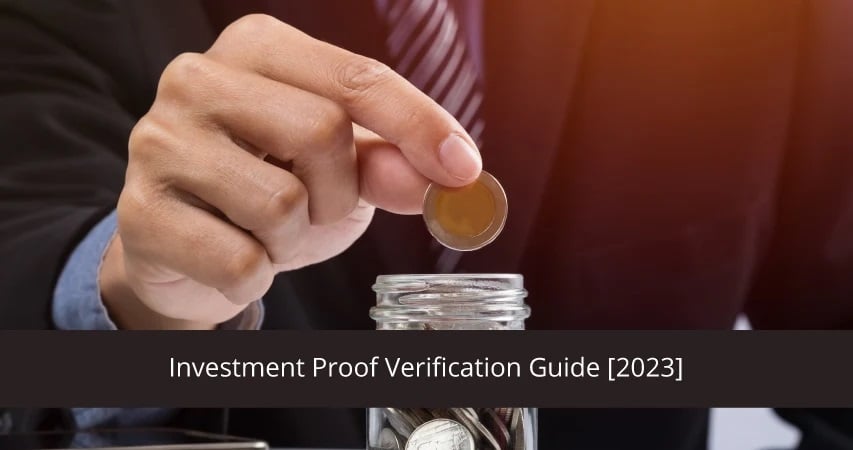What is Investment proof?
It is a submission form generally used to declare the details of your investments made during the previous financial year. The investments are made for getting a tax saving under the income tax act section 80C or 80D.
These investment proofs are submitted by the employees to a company which later needs to be verified by the administrator or any authorized employer in the company.
Let’s start with the most popular Proof of Investments (POI) employers receive:
- House rent proof (Agreement)
Employees can request tax cut in HRA (House Rent Allowance). The employers only need to collect house agreement and PAN card xerox of owners if total rent amount exceeds Rs. 1 lakh/ year.
- House loan
If an employee is paying EMIs for his house loan, an exemption of up to Rs. 2 lakh/per can be claimed under the Housing loan scheme act. Here, the admin needs to collect proofs like bank statements stating the total principal amount and interest percentage. Also, percentage ownership proof of the employee must be taken.
- Mutual fund
Under sector 80C, employees can claim tax exemption for their mutual fund investment. A proof saying ELSS scheme and fund declaration proof must be collected by the administrator for verification.
- Section 80D proof
This scheme allows your employees to claim tax relief through their medical insurance investment or any medical expense on senior citizens. An undertaking by the employee and age proof of parents or themselves should be taken for verification (whichever is applicable).
- PPF (Public Provident Fund)
The most common investment made my employees in India – PPF investment. It provides tax free returns to subscribers on being claimed. PPF account statement is the proof which needs to be collected by the admin for further verification process.
These were some of the most common investments made by Indians along with the required proofs need to be collected by the employer. For more info or any query, contact us here!








